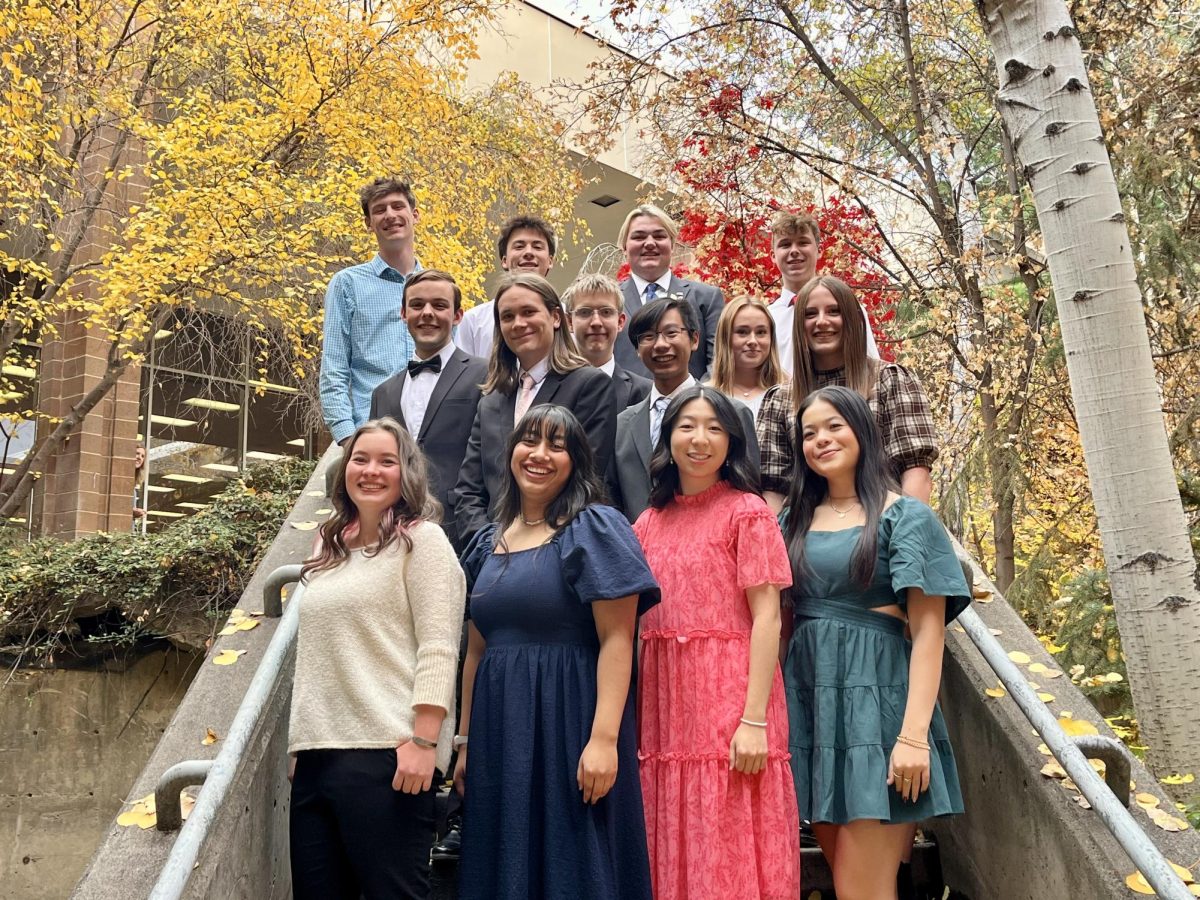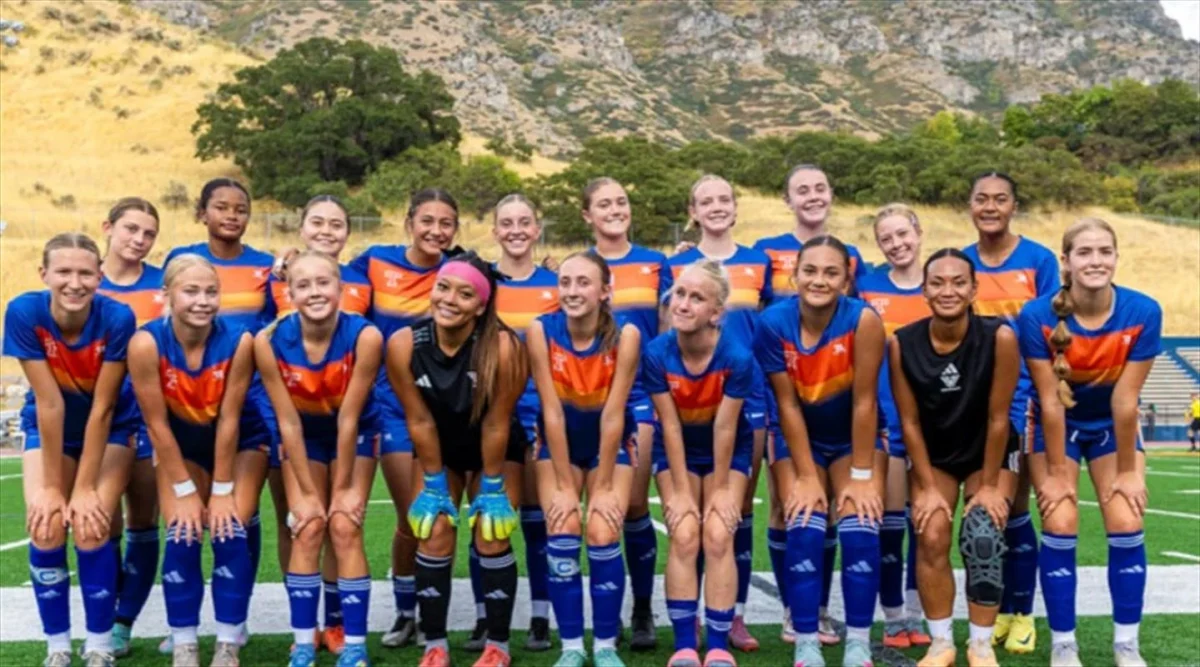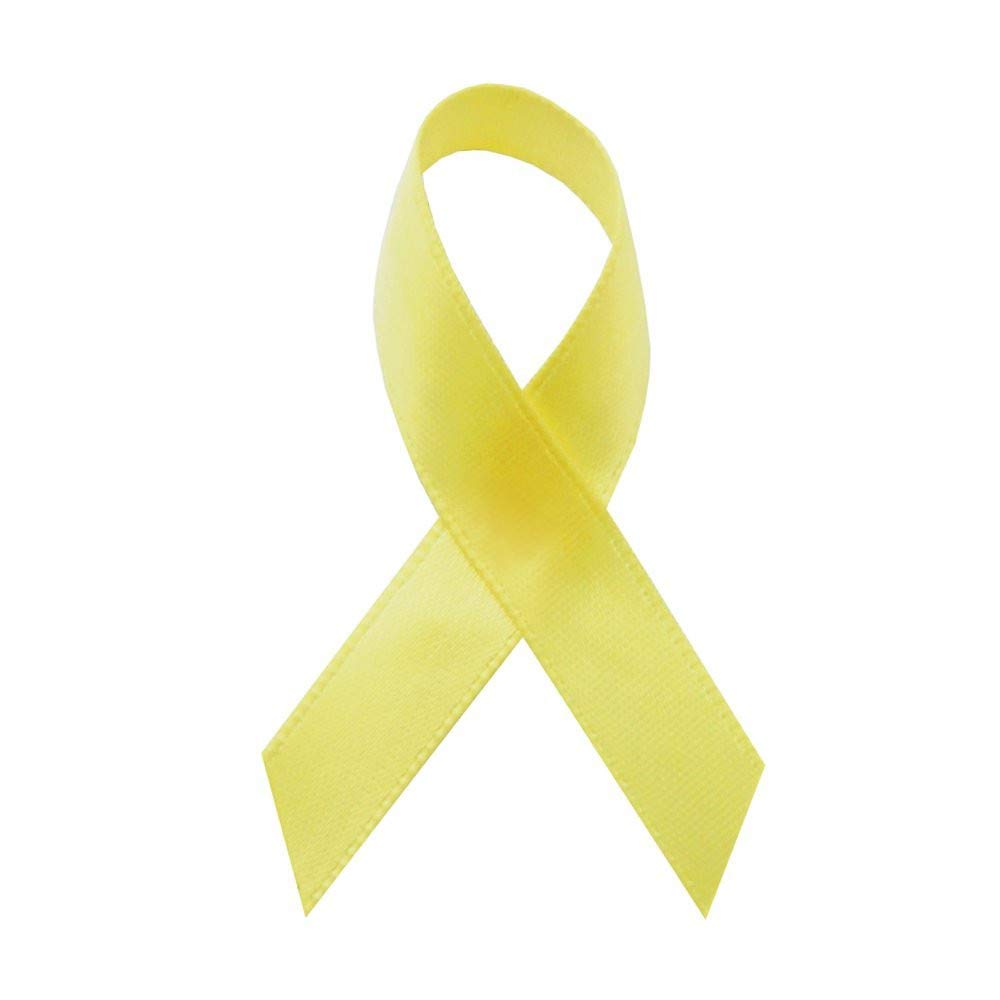Congratulations to this year’s Timpview Sterling Scholars:
Business and Marketing: Winner: Sarah Lee, alternate: Izry Garcia-Medina
Computer Technology: Winner: Joseph Tsai, alternate: Anna Spencer
Dance: Winner: Madison Ess, alternate: Lily Eliason
English: Winner: Asher Dean, alternate: Sylvan Turley
Family and Consumer Sciences: Winner: Erin McVey, alternate: Avi Prokhorov
Instrumental Music: Winner: Maya Dean, alternate: Mara Welch
Mathematics: Winner: Samuel Gunter, alternate: Simon Shepherd
Science: Winner: Greyson Bushman, alternate: Katie Patrick
Skilled and Technical Sciences Education: Winner: Spencer Whatcott, alternate: Benjamin Tuttle
Social Science: Winner: Landon Bundy, alternate: Caleb Ngatuvai
Speech/Theater: Winner: William Weidner, alternate: Stella Parry
Vocal Music: Winner: Henry Huff, alternate: Simon Shepherd
Visual Arts: Winner: Samantha Ellis, alternate: Claudia Fletcher
World Languages: Winner: Izry Garcia-Medina, alternate: Adam McMurray
The purpose of the Sterling Scholar program is to recognize students who have shown excellence in scholarship, leadership, and citizenship. Each high school nominates one student in the 14 areas: Business and Marketing, Computer Technology, Dance, English, Family and Consumer Sciences, Instrumental Music, Mathematics, Science, Skilled and Technical Sciences Education, Social Science, Speech/Theater, Vocal Music, Visual Arts, and World Languages. Every applicant has to interview with the department or category head for the category they are applying for. They are then judged on General Scholarship, Category Scholarship, Leadership, Community Service/Citizenship, and Interview.
After interviewing senior Greyson Bushman, this year’s science Sterling Scholar winner, he gave great ideas and examples for things to put on a Sterling Scholar application:
General Scholarship looks at grades and standardized testing. Greyson says it is helpful to take hard classes, score well on the ACT, and maintain a high GPA. Students submit their transcripts so the judges can see the classes they take, ACT/SAT scores, and their grades.
Category Scholarship shows initiative and hard work in each specific category. Students can submit information about up to six activities, honors, awards, and other important accomplishments they achieve within their category. They choose one of the activities, honors, or awards that they put in the Category Scholarship section and describe why it was meaningful to them.
Leadership demonstrates the ability to lead well in the section you apply for. Greyson says leading a club and being on a youth council is helpful for the leadership portion. Participating in clubs related to your category is very beneficial too. You again put up to six activities, honors, or awards related to leadership. They then pick one and describe how it relates to leadership quality.
Community Service/Citizenship is mainly doing service in your community, and it’s helpful to do service in your category. You submit up to six activities, honors, or awards related to community service or citizenship and pick one to describe.
The last part of the application includes telling a little about yourself and explaining why you would be the best candidate for the Sterling Scholar in the category of your choice.
The Interview portion helps you to get to know the people choosing you to win. Each interview looks different whether you are applying for science, art, or any other category. For example, when Greyson interviewed for science, it was mainly a discussion but his art interview was more about showing off his artwork.
After you apply, the winners and alternates are chosen. Each continues to build their portfolio and move on to the next round to compete with other students from different schools and interview with other judges.
Being a sterling scholar can open doors for other scholarship opportunities, look good on college applications, and help you gain experience in interviewing and applying for positions.











